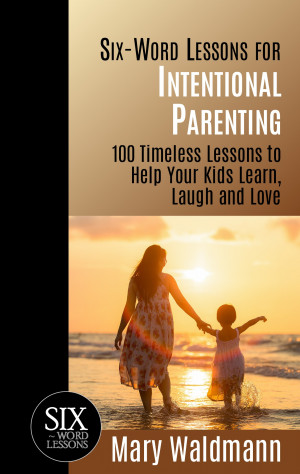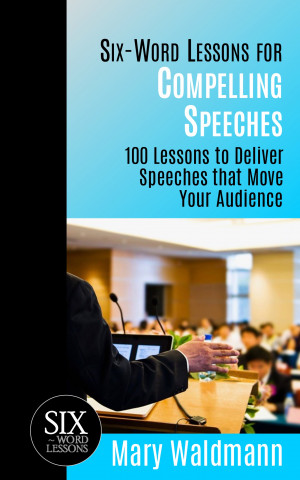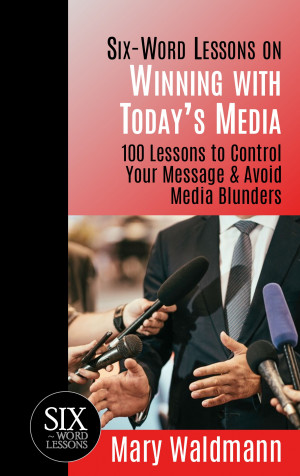Interview with Mary
Published 2014-07-30.
Smashwords Interviews are created by the profiled author or publisher.
Books by This Author
Six-Word Lessons for Intentional Parenting: 100 Timeless Lessons to Help Your Kids Learn, Laugh and Love
by Mary
Price:
$8.99 USD.
Words: 7,490.
Language:
Commonwealth English.
Published: November 21, 2017
.
Categories:
Nonfiction » Parenting » Reference
Timeless wisdom and practical suggestions for parenting your child from toddler to age ten. 100 concise lessons with positive tips as well as mistakes to avoid. Raise happy, caring, successful adults.
Six-Word Lessons for Compelling Speeches: 100 Lessons to Deliver Speeches that Move Your Audiences
by Mary
Price:
$8.99 USD.
Words: 6,100.
Language:
English.
Published: July 29, 2014
.
Categories:
Nonfiction » Business & Economics » Business communication / meetings & presentations
Six-Word Lessons for Compelling Speeches gives you 100 lessons to make you an effective and interesting speaker, whether you’re representing an organization or yourself. You can be engaging, entertaining and even have fun doing it. This book has all the tools you need to communicate a compelling message that will change and move your audience to action.
Six-Word Lessons on Winning with Today's Media: 100 Lessons to Control Your Message & Avoid Media Blunders
by Mary
Price:
$8.99 USD.
Words: 6,850.
Language:
English.
Published: June 20, 2014
.
Categories:
Nonfiction » Business & Economics » Public relations
Become an effective media spokesperson for your business, organization or community group. Six-Word Lessons on Winning with Today’s Media gives you 100 simple and practical insider tips for working professionally with reporters and other interviewers, and making sure your message is communicated effectively, whether in print, radio or television.



